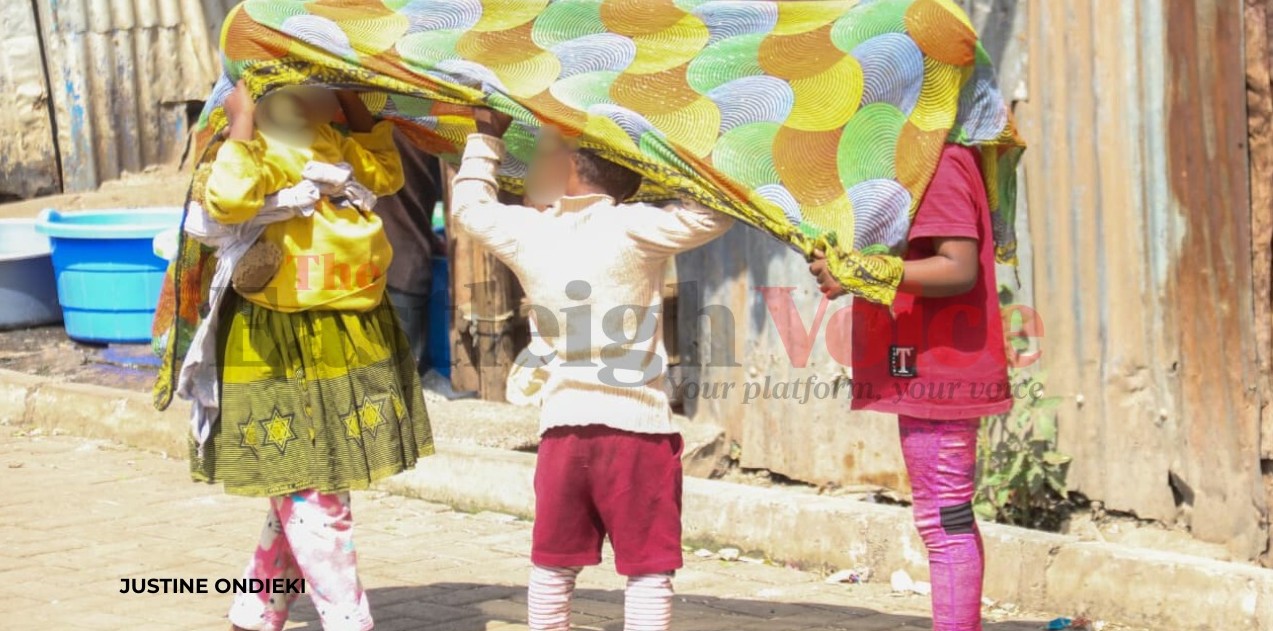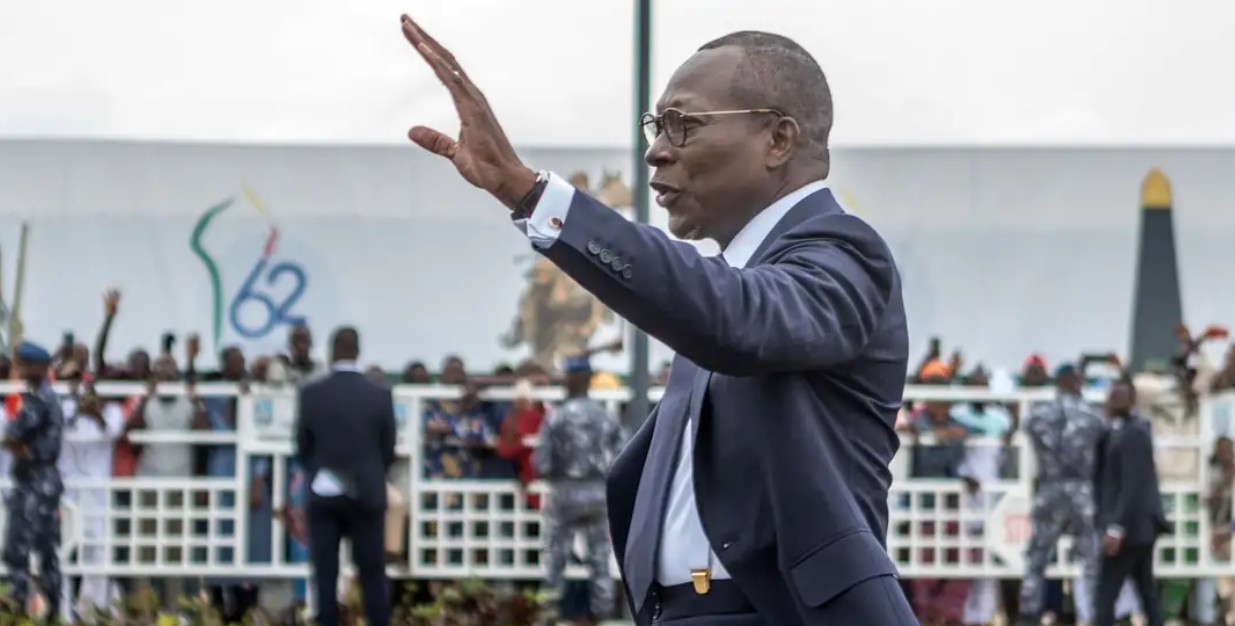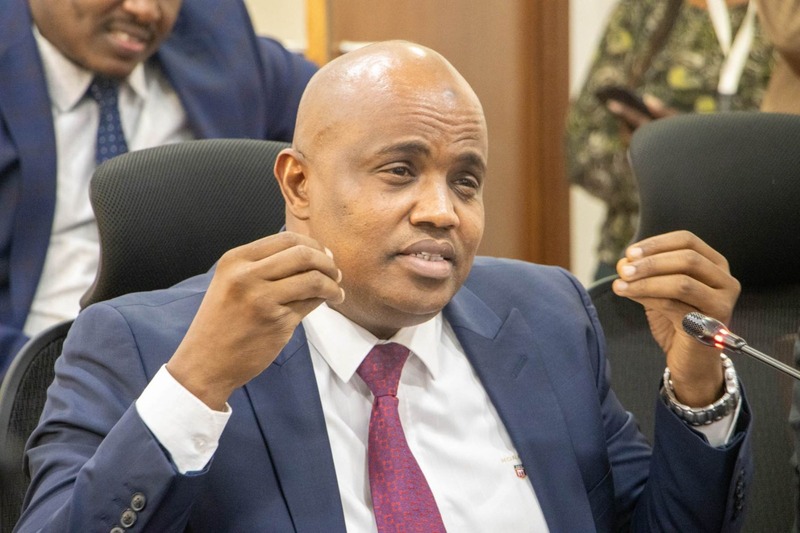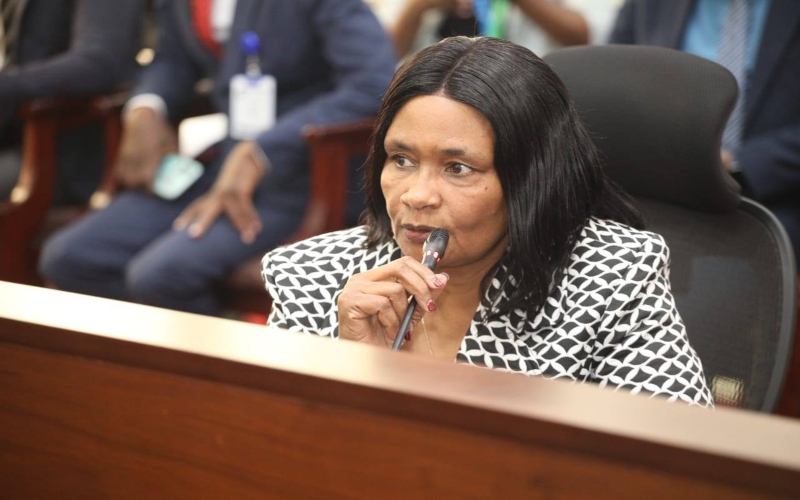Leaked audio implicates former Bangladesh PM Hasina in deadly 2024 protest crackdown
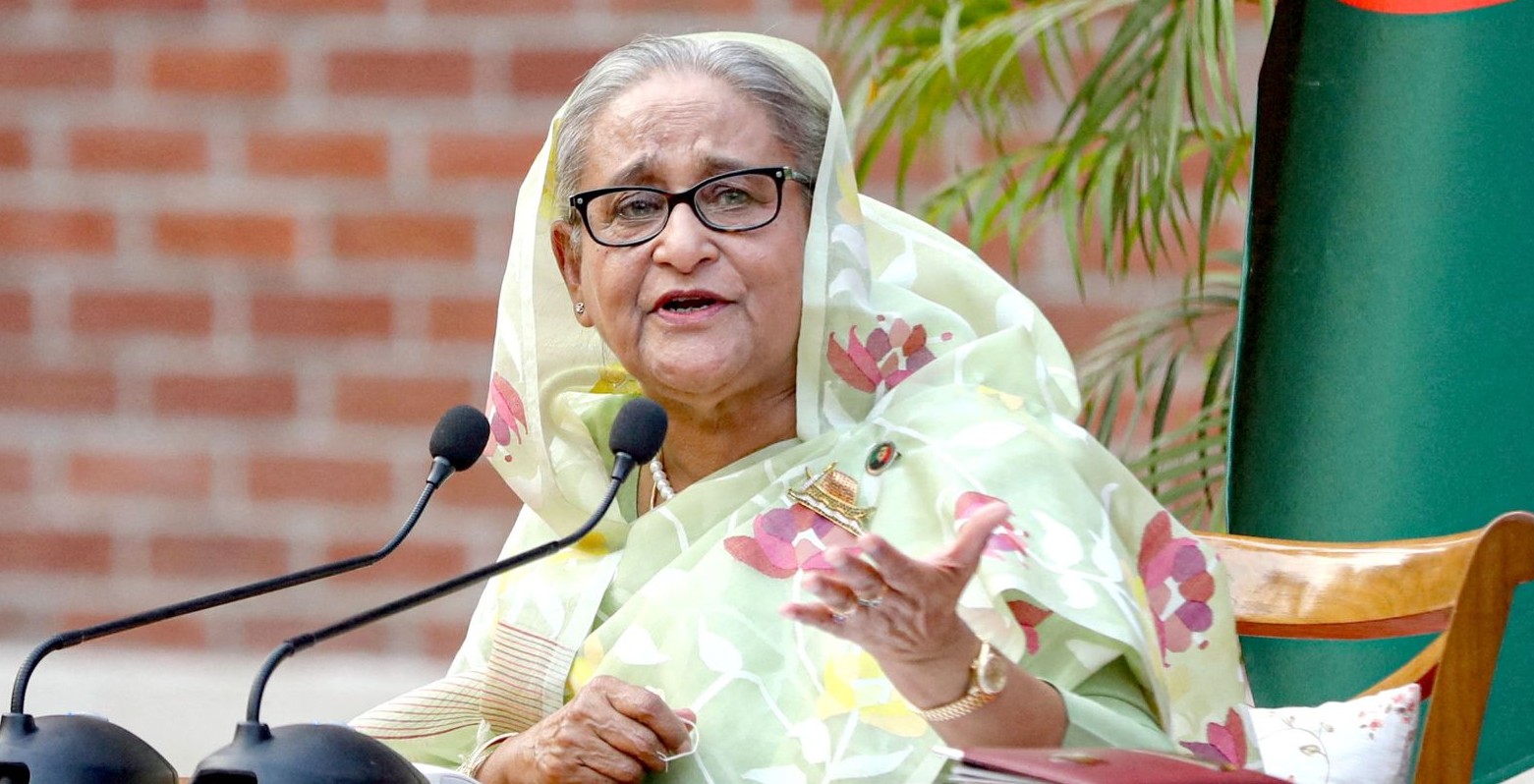
The protests, which erupted across major cities in Bangladesh in July 2024, were driven by widespread frustration among students over education reforms, unemployment and rising dictatorship.
Former Bangladeshi Prime Minister Sheikh Hasina personally authorised the use of lethal force during a violent crackdown on student-led protests in 2024, newly verified audio obtained by BBC Eye has revealed.
The audio, verified independently by the BBC through forensic analysis, captures a phone conversation in which Hasina is heard instructing an unidentified senior government official to tell security forces to "use lethal weapons" against the demonstrators, stating, "Wherever they find [them], they will shoot."
More To Read
- HRW urges Tanzania to release detained opposition ahead of independence day
- Rights group calls for nationwide Sudan arms ban amid deadly attacks
- Amnesty report shows at least 128 killed, 3,000 arrested in 2024–2025 Gen Z protests
- Bangladesh court sentences ex-PM Sheikh Hasina to death in absentia for crimes against humanity
- ‘No rain, no food, no life’: Amnesty slams global inaction as Somalia’s drought turns deadly
- Uhuru played key role in securing release of activists Njagi and Oyoo – Irungu Houghton
The protests, which erupted across major cities in Bangladesh in July 2024, were driven by widespread frustration among students over education reforms, unemployment and rising dictatorship.
What began as peaceful demonstrations quickly turned deadly, with approximately 1,400 reportedly killed and hundreds injured as security forces moved in to quash dissent.
The recording, which surfaced online in March, is now being prepared as central evidence in a crimes against humanity case against Hasina, who is being tried in absentia.
Premeditated order
It confirms long-standing allegations that Hasina's government's violent response was not the result of rogue security operations, but rather a premeditated order authorised by top government officials.
Human rights organisations have long accused Hasina's administration of silencing dissent, jailing opposition figures and using state violence to stifle protest.
However, Bangladeshi officials loyal to Hasina have dismissed the recording as doctored and politically motivated. However, BBC Eye's forensic analysis reportedly found no evidence of manipulation in the audio file, strengthening its credibility in court.
International watchdogs, including Human Rights Watch and Amnesty International, have called for an independent inquiry into the events of 2024 and urged global bodies to closely monitor the tribunal proceedings.
"This is a rare opportunity for real accountability in a region where it's often elusive," said one rights advocate.
If convicted, Hasina could face sentencing in absentia, although Bangladesh's legal system does not currently allow extradition without mutual agreements.
Reports suggest that Hasina is in a self-imposed exile in India, which has failed to comply with requests for extradition.
Top Stories Today

